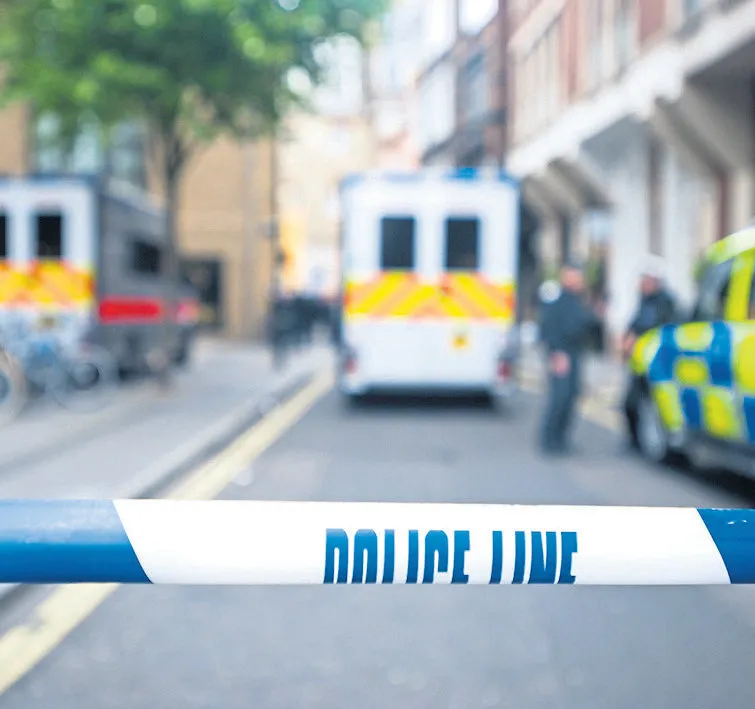Alun Ebenezer, headmaster of The Fulham Boys School, discusses rising knife crime
Knives. They can do incredible good or devastating harm. In the hand of a surgeon they can save a life, while, as we have seen in London over the last few weeks, in the hands of another they can bring life to an end.
Knife crime is not an easy problem to solve. I agree with former Chief Superintendent John Sutherland when he said: ‘We need a long term plan for dealing with knife crime… We need to understand that, when problems have been a generation or more in the making, they might just take a generation or more to mend. We have got to get beyond the relentless demand for quick fixes’.1





